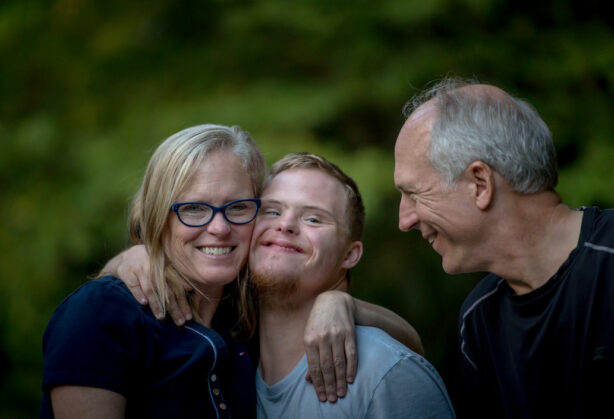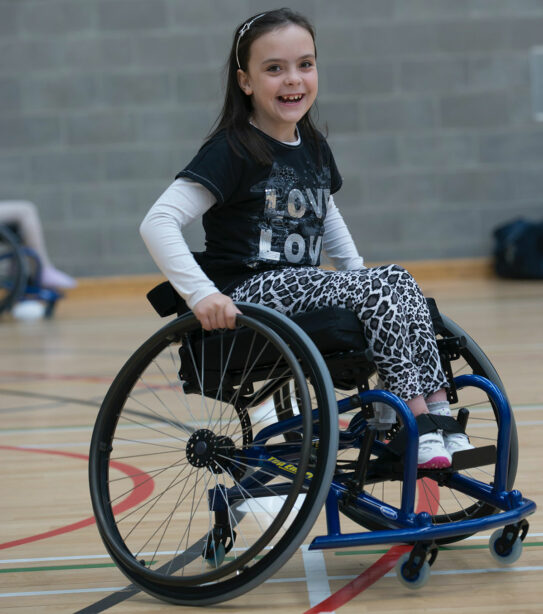Around 9.4 million children in the U.S. and 850,000 children in Canada have additional or special needs, with some of the most common causes being cerebral palsy, autism, dyslexia, ADHD, and epilepsy.
If your child has just been diagnosed with an additional need, you may initially feel overwhelmed about where to start in terms of treatments, therapies, and education.

The good news is that there is a wealth of resources (both in-person and online) that can help you formulate a sound strategy in no time.
Feeling confident about parenting your child with special needs is vital, and this confidence increases as you become more informed and begin to make key changes that will empower your child and yourself.
Use these tips to help develop your parenting plan:
Learning More About Your Child’s Condition
From the outset, reading material and talking to parents of children with the same special need as your child is crucial, so that you can set reasonable goals for your child and your family as a whole.
If your child has cerebral palsy, for instance, then they may have athetoid diplegic cerebral palsy (ADCP) or other movement disorders caused by a brain injury.
If so, it is important to know the causes of this disorder (if medical negligence is to blame, then you may be entitled to compensation) and to discover the different treatment options.
Knowing what options might be available to you and speaking to other parents, both by joining support groups and consulting online organizations, will help you make the best choices for your child.

Reducing Costs
In order to ensure your child has the best care possible, reducing costs is vital. Find out if you are entitled to government cash assistance, which is usually reserved for those earning less than a certain amount annually.
Your child might also be entitled to a social security disability evaluation (for instance, if they have severe motor disabilities, seizure disorders, or severe communication problems).
They may also be eligible for free nutritional services at school under the Individuals with Disabilities Education Act (IDEA), which grants these services to children from low-income families.
There are other ways to help your child reach vital goals without huge costs, as well. Many disability organizations offer assistance, which can range from summer camps to specific therapies. Contact organizations specializing in your child’s needs from the outset, if possible.
Finding the Right School For Your Child
Public schools offer educational plans for children with additional needs, as stipulated by The Individuals with Disabilities Act (2004).
These plans range from individualized education programs (IEPs) to individualized transition plans (which are used to identify the desired and expected outcomes by students once they leave school, as well as the support they need to achieve their goals).

Contact various schools in your area to find out what accommodations, assistive technologies, and in-school services they have. Also, visit or talk to staff from special education schools. These schools are specifically set up for children with disabilities and have a wide range of equipment and facilities.
Some schools are specifically catered towards children with physical disabilities (such as blind or deaf children), while others center more on children with additional mental and emotional needs.
If your child has been diagnosed with a special need, empower them by accessing as much information as you can from health professionals as well as from organizations specializing in your child’s needs.
By ensuring you’ve secured the best information and funding about your child’s condition, as well as the best education plan, you’ll be able to parent confidently through any challenges that arise.
